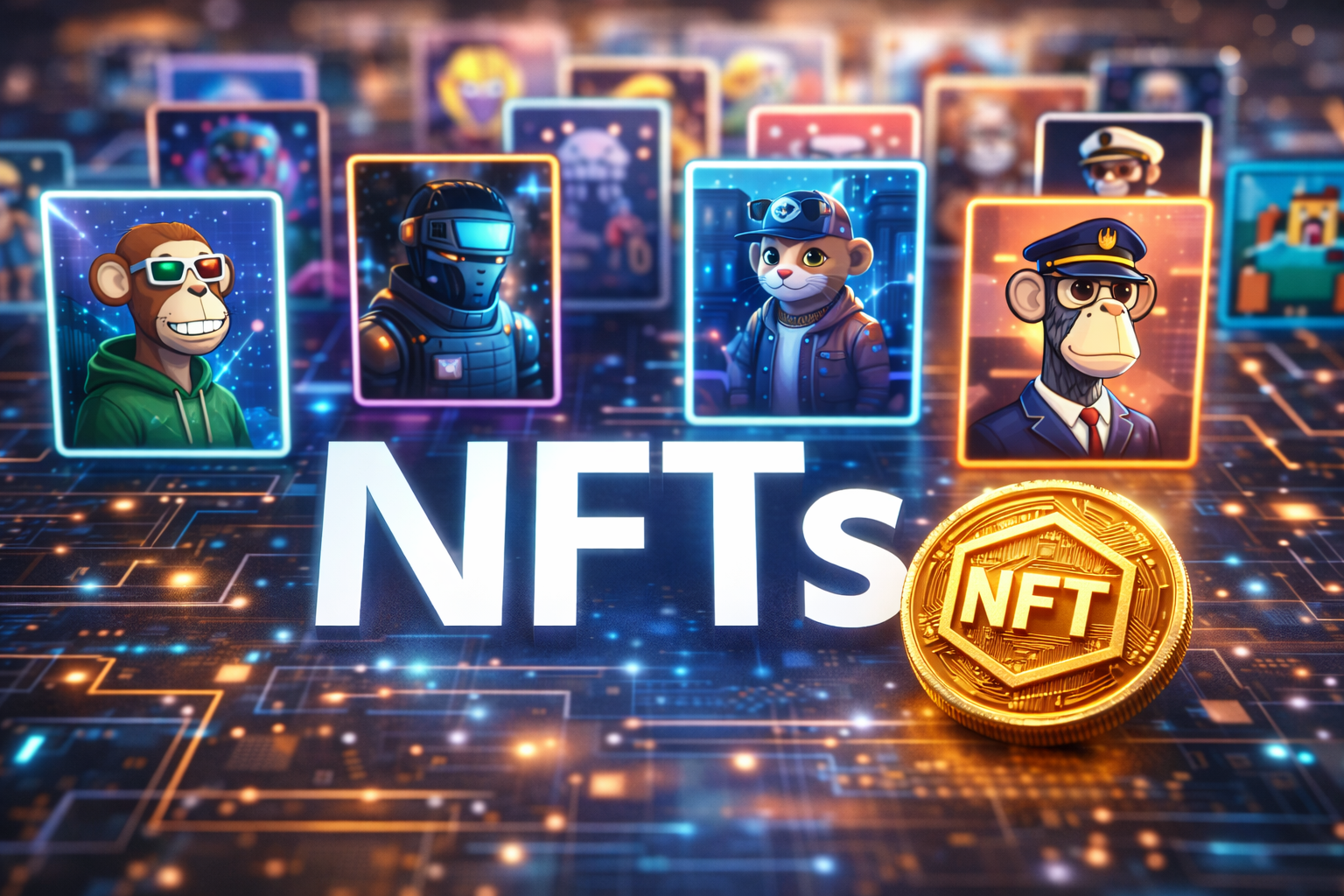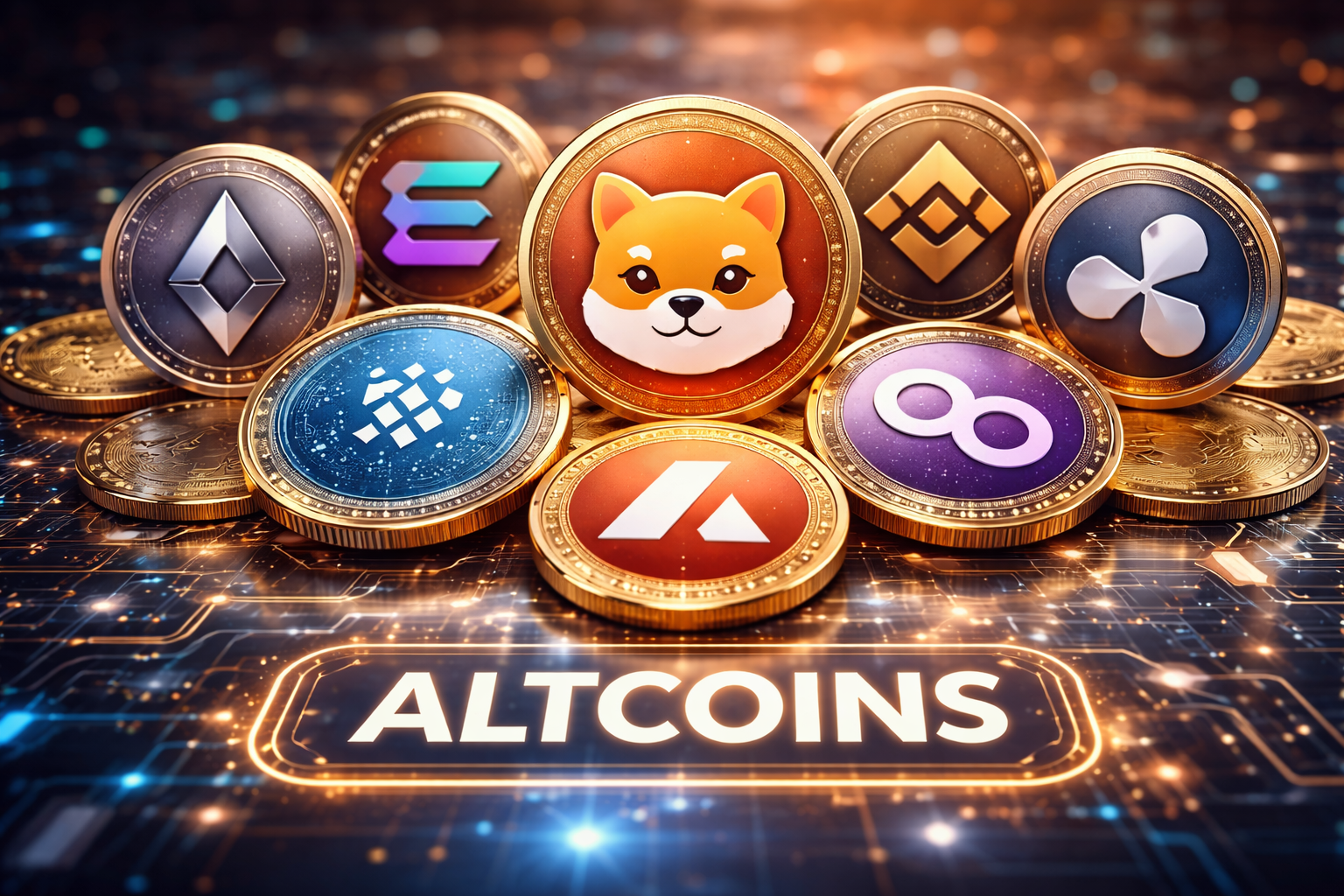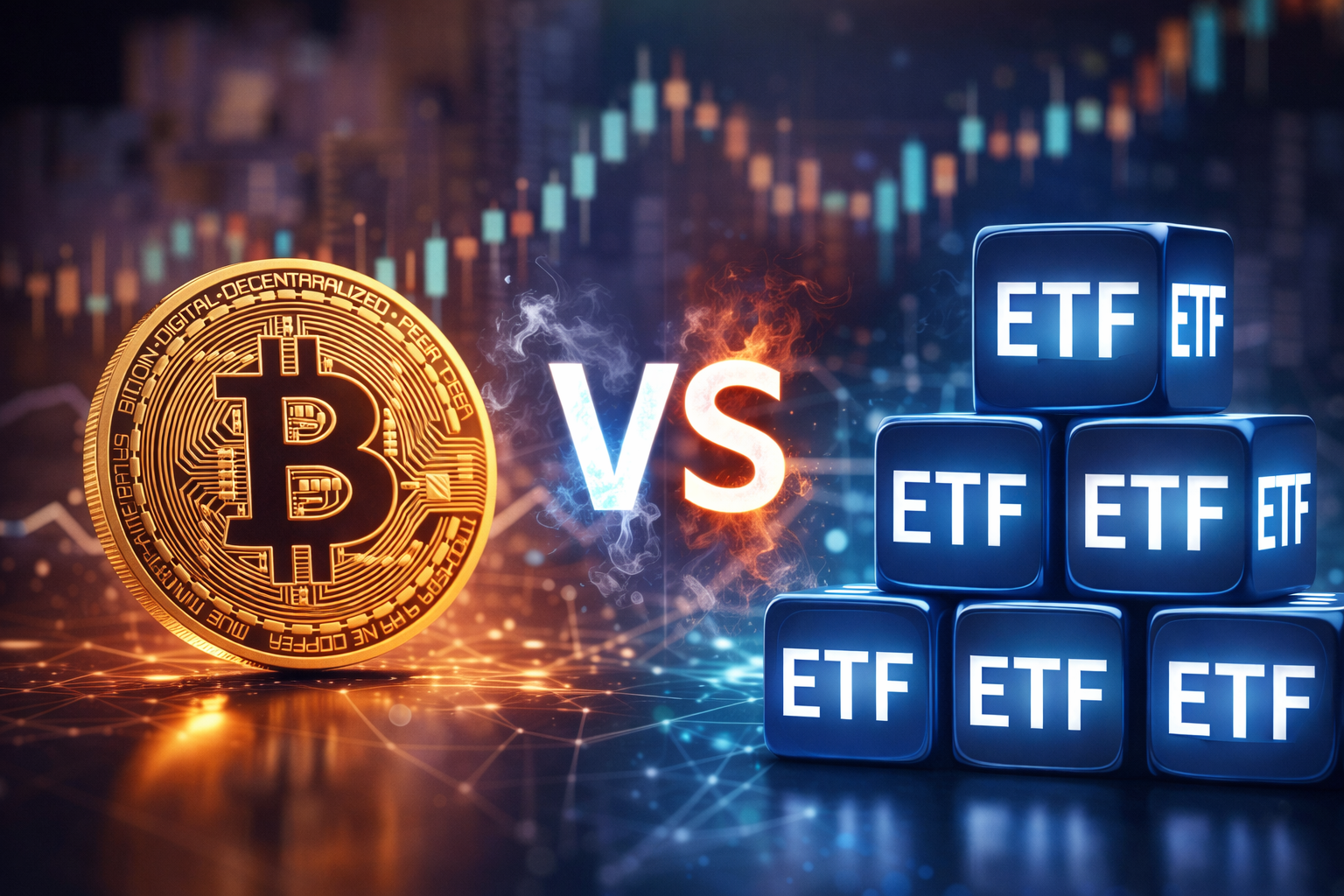David Agullo
Paying For Genetic Data with Cryptocurrency. How Pharma is using Blockchain Technology?

Cryptocurrency News – With the introduction of Covid-19, the hospital industry was severely impacted, personnel was unable to rely on long-established procurement systems due to the rapid spike in demand. They needed to identify new vendors and swiftly locate and reallocate goods, and this pressure pushed long-simmering issues in the medical supply chain to the surface. In the United States, officials from the Centers for Disease Control and Prevention (CDC) and the Food and Drug Administration (FDA) have cautioned that counterfeit respirators and Covid-19 test kits are being offered online. Apart from the Covid situation pharma is also betting on bitcoin to solve to boost genome sequencing. It helps to understand their genome, find cures for (unspecified) diseases, and, unlike most existing genomics companies, guarantee that individuals will retain permanent ownership of their DNA data.
The industry is turning to blockchain technology to address some of these supply chain flaws. Companies may safely collaborate in a shared, permanent ledger using a blockchain, which can make it cheaper, easier, and faster to verify what is true when a business process spans groups with competing interests. They can do so without giving up ownership of or even disclosing their data because mathematical proof of data can operate as a reliable proxy for actual data. The ledger is governed by all members of a network, rather than being owned and maintained by a single firm that everyone must trust.
How Blockchain Can Become A Rescue Call?
The Nebula Network: Consumers will be able to stay anonymous on the Nebula network, which is built on the Blockstack platform and an Ethereum-derived blockchain, but data purchasers, such as pharmaceutical corporations, will be compelled to be fully visible. All transactions between buyers and sellers will be private, recorded on the blockchain, and powered by Nebula tokens, a cryptocurrency.
This offer includes all of the security, privacy, and transparency (as well as money!) that the blockchain’s immutable ledger promises. Users can charge a price in tokens to anyone who wants to see their genome once it has been sequenced. Those tokens can be redeemed in the future for additional tests and goods that will help you better understand your DNA.
Together We’re Stronger: A blockchain-based system has the advantage of allowing competitors to collaborate on a shared platform to improve drug safety, for example, without disclosing sensitive information. That is the concept behind the MediLedger Network, a pharma supply chain consortium that includes Gilead, Pfizer, Amgen, Genentech, AmerisourceBergen, and McKesson among its members. The underlying technology is provided by Chronicled, a startup.
A Safe Method: People do not have their genome sequenced, mainly because to cost, but also due to privacy and genetic discrimination concerns. It has been long contended that the more genome sequences researchers have access to, the better and more information they will be able to gather about the links between DNA and disease, as well as disease cures. Another impediment to widespread adoption is that today’s genomics organizations, such as 23andMe, collect DNA data from paying users and then sell it in bulk to corporations hoping to use it for medicine development. People who are called “data owners,” will be able to “join the blockchain-based, peer-to-peer network and directly connect with data buyers,” potentially profiting from their DNA.
Entering cryptocurrency in a health market provides long credibility to its origin. It helps to address the major concerns and also motivates the audience to use blockchain networks and bring the use of the digital assets in the working of daily life schedule. It helps in creating a strong community of blockchain networks.
Latest
Blockchain
06 Feb 2026
Blockchain
05 Feb 2026
Blockchain
03 Feb 2026
Blockchain
20 Jun 2024
Blockchain
09 May 2024
Blockchain
19 Apr 2024













